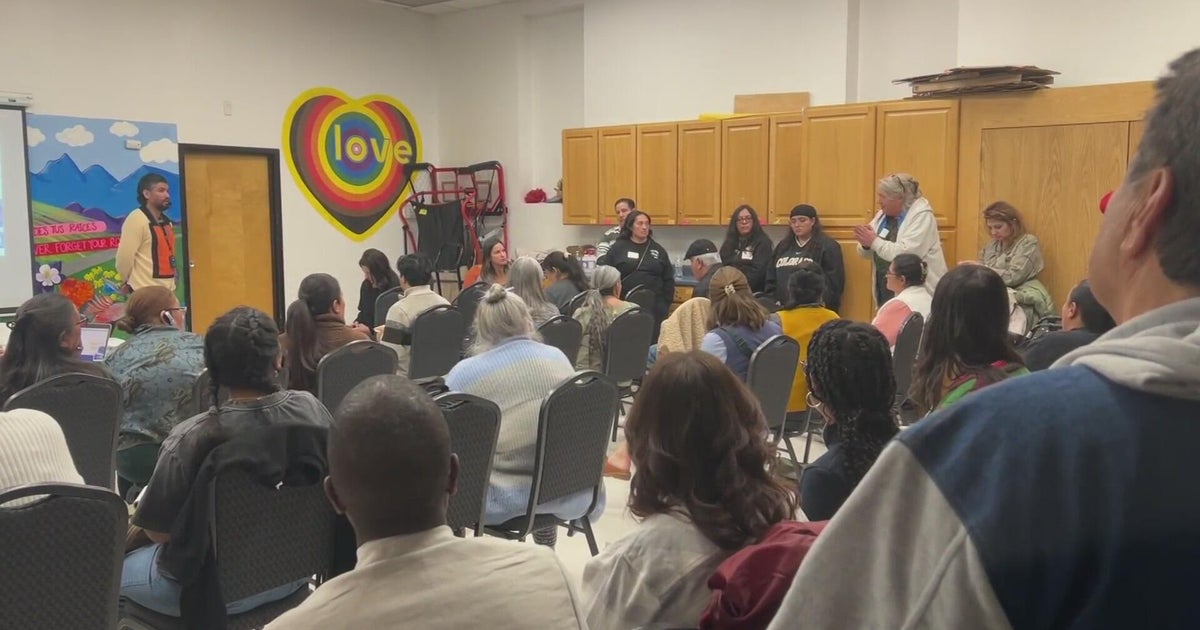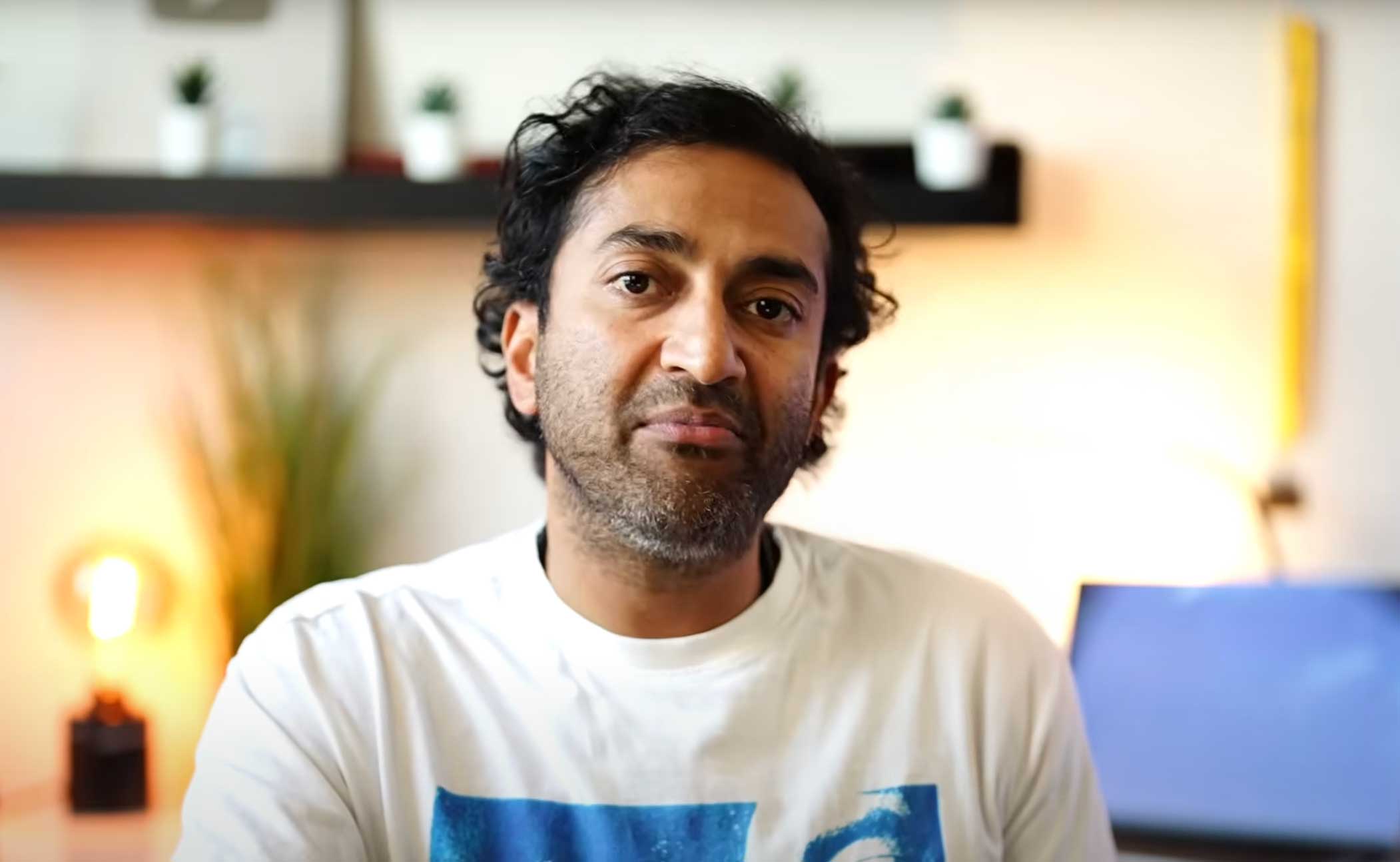Efforts to vaccinate farmworkers hindered by eligibility
As the Biden administration expands vaccine supply across the country, a federal program aimed at vaccinating agricultural workers has hit a roadblock in states where they aren't eligible, elevating concerns that vulnerable workers are being put on the backburner.
Federally funded health centers, which serve more than 1 million agricultural workers nationwide, have played a key role in inoculating farmers. These centers also serve a significantly larger percentage of people of color compared to other facilities — a trend that's reflected in vaccine administration, according to research from the Kaiser Family Foundation.
In February, the federal Health Resources and Services Administration launched a program aimed at getting 1 million vaccine doses to 250 qualifying health centers. But eligibility constraints in a number of states have stunted the impact of the program and created an ever-shrinking window to vaccinate contract laborers before they travel elsewhere for work, where access may be more difficult. This is the case in the immigrant-driven farming town of Immokalee, Florida.
The town is located in Collier County, where only 7.5% of roughly 24,000 residents are over 65 — limiting the eligibility among residents. This is why only 20 of the more than 1,200 farmworkers in Immokalee have been vaccinated, according to Dr. Emily Ptaszek, CEO of Healthcare Network. Ptaszek said her clinic, which according to HRSA has received 300 doses through the federal program, has inoculated nearly all residents over 65.
"When you have to start finding people to vaccinate to be consistent with the order, it's probably time to change the order," Ptaszek told CBS News. "The people doing the work on the frontline shouldn't have to spend a bunch of time spinning their wheels to find people who are eligible."
Governor Ron DeSantis' office did not respond to a request for comment when asked why farmworkers were not yet eligible and if there was a timeframe for their eligibility.
There are concerns in other states where farmworkers remain ineligible, including Georgia, Texas, and New York, said Sylvia Partida, CEO of the National Center for Farmworker Health. "We just need to continue to talk about those challenges and put some pressure and hopefully some of those states will prioritize workers," said Partida.
In the face of the hampered rollout, Dr. Ptaszek said President Joe Biden's goal to expand eligibility nationwide to everyone aged 16 or older by May 1 was "transformative," but that timeline still means there could be hurdles for specific workers. In Immokalee, when the harvest season winds down in May, nearly 1,000 contract farmworkers will leave the state for more work. Ptaszek is worried this could hinder the completion of the two-dose vaccine regimen or force workers to rely on the rollout in unfamiliar communities.
Johnson and Johnson's one-dose vaccine could give farmworkers a chance to be vaccinated before May, but according to Dr. Ptaszek, her clinic hasn't yet received any doses and hasn't been told to expect any in the near future.
In a statement to CBS News, the CDC reaffirmed its recommendation that agricultural workers be included in Phase 1B vaccination plans. The agency said it's providing support to jurisdictions to "address the potential barriers to vaccinating farmworkers in their area."
"All workers, whether they are seasonal or year-round residents, are important and productive members of our communities. Taking steps to include these workers in equitable vaccine planning will help protect the health of every community member."
In Immokalee, advocates say farmers and laborers have been called "essential" throughout the pandemic but are now being left behind.
"Unfortunately, marginalized communities have often been forgotten in many things – but never forgotten for work that needs to be done, like in this moment, in which we have been named essential workers, yet without any real protection," said Nely Rodriguez, a staff member at the Coalition for Immokalee Workers and a former farmworker. "Farmworkers are saying they need the vaccine, but there is no answer from the government."
For those who are eligible, Rodriguez said, the staff has gone "old school" in their outreach — from putting up posters around town to making radio advertisements for the local station run by CIW. Such efforts come on the heels of at least one vaccination event in Immokalee organized by the county health department that, according to local reporting, resulted in a large portion of reservations by people from out of town. Some came as far as Broward County or Sarasota, almost two hours away. State vaccination data does not filter beyond county-level data, so there's no official tally on the number of vaccinations among the residents of Immokalee. Dr. Ptaszek estimates her clinic has vaccinated 5,000 people.
Rodriguez emphasized that when all is said and done, marginalized communities need all the help they can get, whether that comes from DeSantis or Mr. Biden.
"Although we support this country's economy in a powerful way, there is still a lot of work to do so that we are made a priority," she said. "We have been working, and will continue to work, every day so that the country doesn't fall into crisis. Now, we need to be protected."



